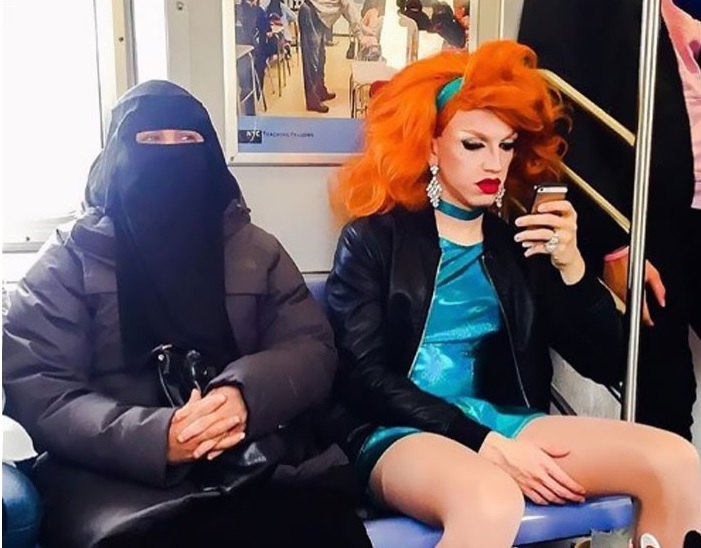Matías Daporta

From the very beginning of my studies in performance art in Amsterdam my interest moved from finding ways of offering a new aesthetic or emotional experience to the audience, to how to develop new mechanisms of attention and propose alternative way to encounter each other in a cultural space.
In Amsterdam I discovered the squat movement, and at the time the University building got occupied I was already an active participant. Apart from being present in the space and in the actions I also designed for them posters and flyers, understanding the importance of a common imaginary that bring our ideas closer. This was my first experience in direct contact with the power structure of society, learning about our rights and duties and the laws that are affecting me daily. I could not imagine to have arrive to the artistic point I am now without that experience.
At first I became interested in how the dynamics of the art world are so fixed that does not allow us to see through other encounters and possibilities. I opened The Annonymous Museum for Unsigned Works to allow artist to present works without signaturem, as a kind of a platform from which artist could hide their identity if a work could endanger in some way his/her persona. At the same time, since the works were unnamed, it also conflicted the hero/myth system in the art system. Since collectors could not speculate with it.
#spanishwashing is a research and practice based project about cultural homogenization. We study what cultural homogenization might mean nowadays from the relation between institutions with contemporary art practices. One of the activities we are doing is in collaboration with a law firm in Madrid. With them we are exploring the limits of cultural rights, writing a law suit against the state, in which we understand cultural homogenization as a crime, and state institutions as the agent of that crime.